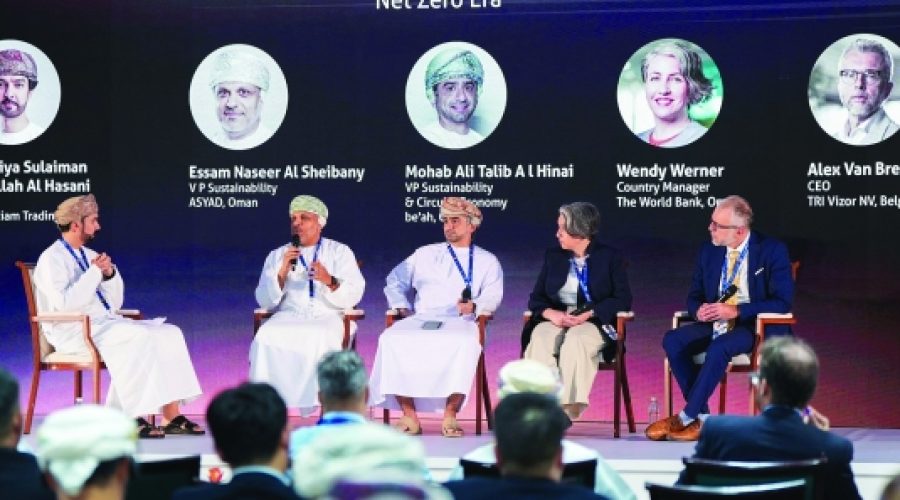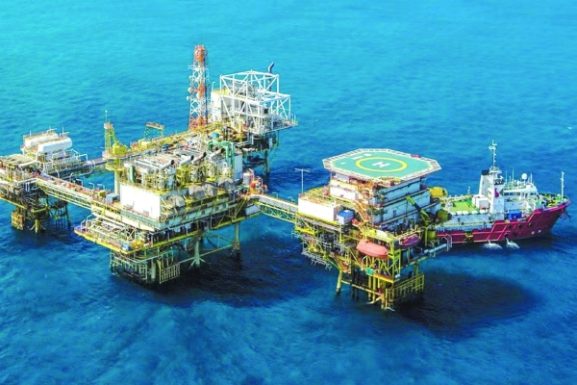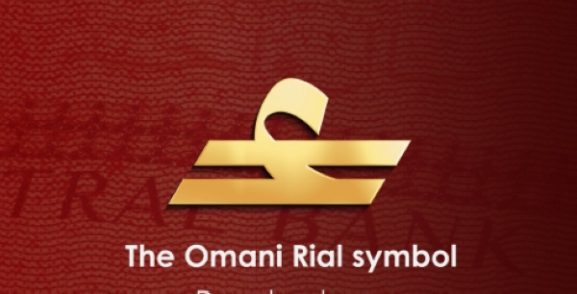Al Duqm Emerging as Prime Hub for Green Manufacturing: What This Means for Investors and Businesses in Oman
MUSCAT: At the recent Duqm Economic Forum, experts presented a comprehensive vision for how renewable energy, circular economy principles, and green finance are collectively driving Al Duqm’s emergence as one of the Middle East’s leading hubs for green manufacturing and sustainable industry.
During a panel discussion titled “The Green Blueprint — Manufacturing in the Net Zero Era,” senior industry leaders highlighted Al Duqm’s unique advantage rooted in its abundant renewable energy resources. Essam bin Nasser al Sheibany, Vice President for Sustainability at Asyad Group, stated, “Al Duqm sits on a vast reserve of renewable energy. It can produce its own clean energy and is strategically positioned to connect to future green hydrogen and renewable energy value chains.”
Several large-scale green hydrogen projects planned in and around Al Duqm are expected to create “a strong pipeline for renewable power and green molecules,” al Sheibany explained. These resources could support energy-intensive sectors such as green steel production, hydrogen applications, and low-carbon manufacturing. Asyad Group is actively preparing for this transition; for example, its dry dock currently consumes up to 55 megawatts of power—a demand anticipated to rise with expanding operations. Transitioning to green energy will involve integrating solar and wind power with battery storage to enable continuous operation.
Dr Mohab bin Ali bin Talib al Hinai, Vice President for Sustainability and Circular Economy at be’ah, emphasized that Al Duqm’s advantages will be further strengthened as policy frameworks evolve. “Once you have the right policies in place—and enforce them—sustainability stops being CSR. It becomes a core business model,” he said, adding that Al Duqm is well-positioned to lead the region in adopting a circular economy.
Wendy Werner, Country Manager for the World Bank Group in Oman, highlighted Al Duqm’s ecosystem-based approach, which clusters industries, renewable resources, and enabling technologies. “To be certified as net-zero, you must quantify and verify everything. Al Duqm has the renewable base and is now building the next layers: technologies, systems, and integration. This ecosystem gives Al Duqm the ability to grow into a fully fledged green industrial hub,” she noted.
Al Sheibany also pointed to practical initiatives such as implementing an electric vehicle–only transport policy within Al Duqm, which could reduce emissions by up to 20%, especially since transport accounts for nearly 90% of emissions from Asyad’s local operations. “It’s an easy solution that requires smart, long-term thinking,” he said.
Alex Van Breedam, CEO of Belgium-based TRI-Vizor, stressed the importance of coordinated governance in building a functional circular economy. He explained that successful green clusters operate on three layers: physical infrastructure, companies that share and optimize that infrastructure, and a strong governance structure that facilitates stakeholder collaboration. “The governance layer must involve public authorities, companies, and academia—the triple helix,” he said, citing the Port of Antwerp–Bruges as an example where co-location and infrastructure sharing foster natural collaboration.
On the topic of financing, Werner highlighted Oman’s recent achievements in mobilizing substantial green capital. The country’s $1 billion Sovereign Green Sukuk, alongside the $750 million green Sukuk issued by Oman Electricity Transmission Company, reflects strong investor appetite for sustainable infrastructure projects. The International Finance Corporation (IFC) invested nearly $360 million last year in Oman’s financial sector, exclusively for green initiatives.
Dr Mohab noted that obtaining green financing also serves as a test of credibility. “If I can attract green financing instruments, it shows I’m not greenwashing,” he said, adding that ESG (Environmental, Social, and Governance) indicators are increasingly influencing global credit ratings.
This concerted focus on renewable energy, policy development, integrated ecosystems, and green finance positions Al Duqm as a pioneering green industrial hub in the Middle East.
Special Analysis by Omanet | Navigate Oman’s Market
Al Duqm’s emergence as a green industrial hub, powered by abundant renewable energy and a strong circular-economy framework, presents a transformative opportunity for businesses to lead in sustainable manufacturing and energy-intensive sectors like green steel and hydrogen. Smart investors should focus on green infrastructure and technologies, leveraging Oman’s progressive policy environment and rising green finance instruments to mitigate risks associated with carbon transition and to capitalize on growing global sustainability demand. Strategic collaboration between government, industry, and academia will be crucial to unlocking Al Duqm’s full green potential and ensuring long-term competitive advantage.



